Jump to the content
- {{#headlines}}
- {{title}} {{/headlines}}
Aydan Bulut-Karslioglu
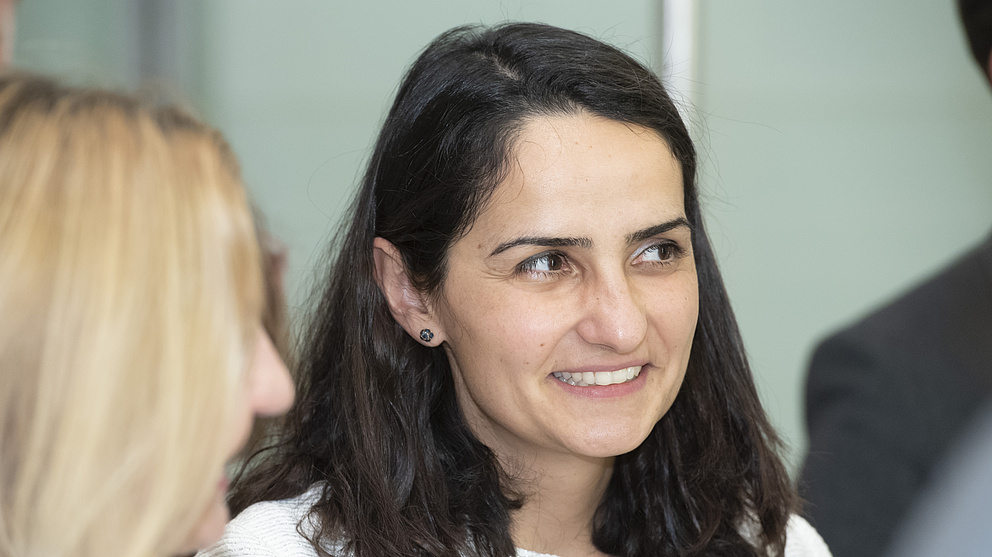

Dr Aydan Bulut-Karslioglu
Born in Turkey, Aydan Bulut-Karslioglu initially studied at the Middle East Technical University in Ankara before moving to Bilkent University to take her Master’s. She came to Germany in 2008 as a doctoral student at the Max Planck Institute of Immunobiology and Epigenetics in Freiburg where she completed her doctorate and continued to conduct research as a postdoc. Since 2013, she has been working in the United States as a postdoctoral researcher at the University of California, San Francisco.
Molecular Biology
How developing life is shaped
Already during pregnancy, environmental factors such as lifestyle, nutrition and the mother’s stress level have an impact on the developing embryo. The external factors can leave marks in the genome without changing the DNA sequence of the embryo. This epigenetic regulation contributes substantially to the formation of the early embryo, as it regulates which genes are activated and which are not. The molecular biologist Aydan Bulut-Karslioglu specialises in precisely this phase. She links epigenetics with the relatively recent research field of metabolomics, the latter being the study of the metabolome, which embraces the entirety of metabolic processes in a cell. Metabolic impacts are also seen as shaping early embryonic development. However, the metabolic-epigenetic connections in cell differentiation through to organ development are still largely unknown. Sofja Kovalevskaja award winner Bulut-Karslioglu will address these processes, studying, in particular, the pluripotent cell stage in which cells can still develop into all types of cells.
Host institute: Max Planck Institute for Molecular Genetics, Berlin, Department of Genome Regulation
Host: Professor Dr Alexander Meissner
Kenji Fukushima
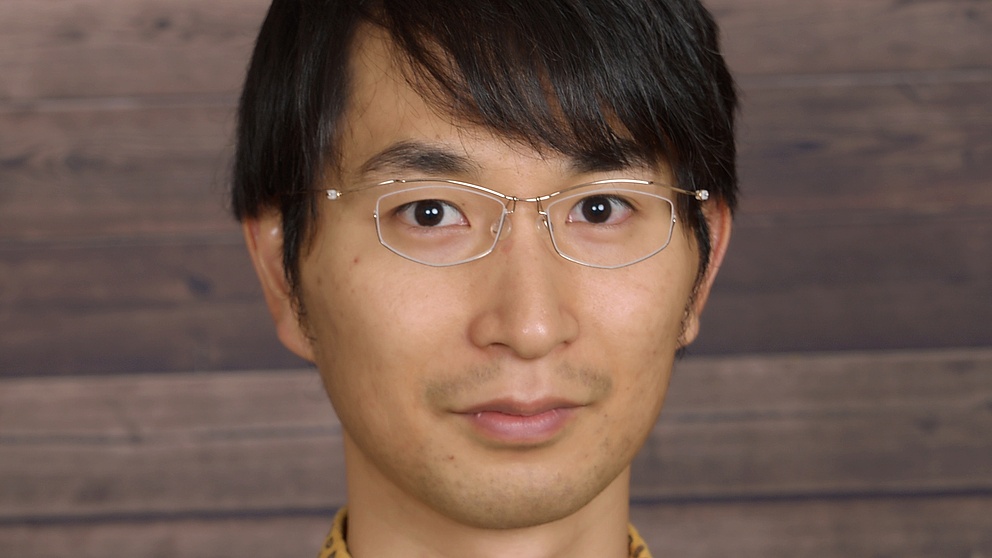

Dr Kenji Fukushima
Dr Kenji Fukushima Born in Japan, Kenji Fukushima initially studied agriculture at Tokai University, Japan. For his doctorate, which he completed in 2015, he moved to the Graduate University for Advanced Studies, SOKENDAI, in Hayama, Japan. He was then awarded a research fellowship by the Japan Society for the Promotion of Science (JSPS) and went to the University of Colorado, Denver, United States, where he has been working since then as a postdoc.
Evolutionary Biology
The evolution of carnivorous plants
Carnivorous plants are one of evolution’s miracles: they have developed astounding abilities which enable them not only to attract prey, like insects, but also to catch and digest it. They have, for example, specially formed and movable leaves. Such adaptations to plants’ so-called carnivory have been known to occur in evolution quite independently of one another, and not all carnivorous plants are related.
The evolutionary biologist Kenji Fukushima investigates how similar characteristics in carnivorous plants have emerged in the various plant species and how the changes at genetic level and in the plants’ appearance are linked.
In his role as a Sofja Kovalevskaja award winner in Würzburg, Kenji Fukushima will work on new molecular genetic tools for analysing the function of certain genes in carnivorous plants, correlating innovative approaches deriving from bioinformatics and experimental biology. His research not only helps us understand the evolution of carnivorous plants, it also throws light on the fundamental processes of developing complex evolutionary characteristics and how biological systems respond to processes of natural selection.
Host institute: Julius-Maximilians-Universität Würzburg, Julius von Sachs Institute of Biosciences
Host: Professor Dr Rainer Hedrich
Milica Gašić
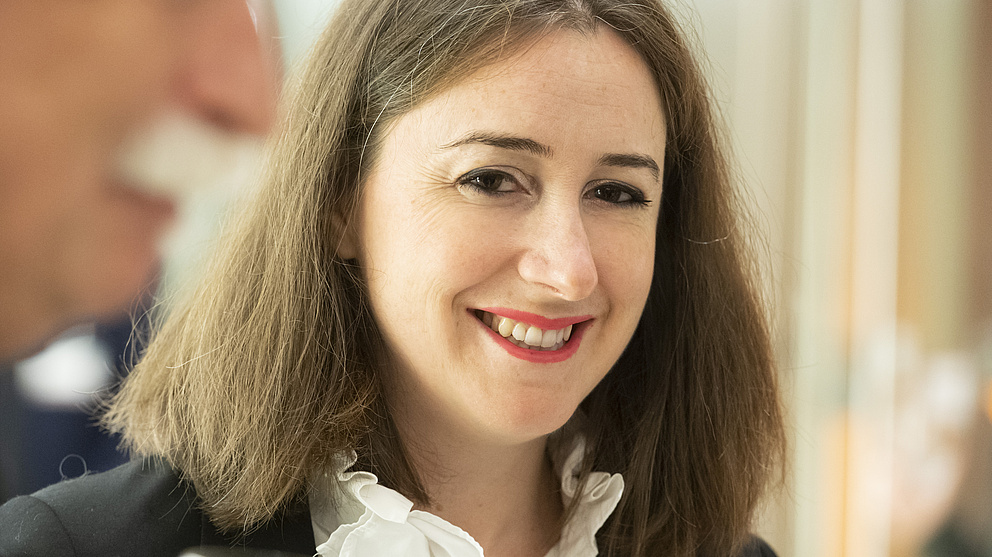

Dr Milica Gašić
Born in Serbia, Milica Gašić initially studied mathematics and computer science at the University of Belgrade in Serbia. To take her M.Phil. in computer speech, text and internet technology she transferred to the University of Cambridge, United Kingdom, where she also completed her doctorate in 2011. She continued her research career there, partly as a fellowship recipient and, since 2015, as a university lecturer.
Artificial Intelligence, Image and Language Processing
How computers can understand us better
How can we teach computers to understand us and give us intelligent answers? These are the questions addressed by Milica Gašić. Her field is artificial intelligence, image and speech processing, particularly the study of spoken dialogue.
We are already familiar with systems like Alexa, Siri and other speech recognition assistants that can hold simple conversations and answer concrete questions. But with her Sofja Kovalevskaja Award at Saarland University in Saarbrücken, Milica Gašić wants to create the foundations for the next generation of dialogue systems: systems that interact with humans instead of merely providing simple information.
To achieve this, one objective is to develop models with which computers can form complex networks of information with their logical links. Another of Gašić’s aims is to achieve the kind of interaction between people and machines that does not only solve given problems but leaves the human partner in the conversation feeling good afterwards. The new dialogue systems should, therefore, be able to perceive moods and respond to them.
Host institute: Saarland University, Department of Language Science and Technology
Host: Professor Dr Dietrich Klakow
Hitoshi Omori
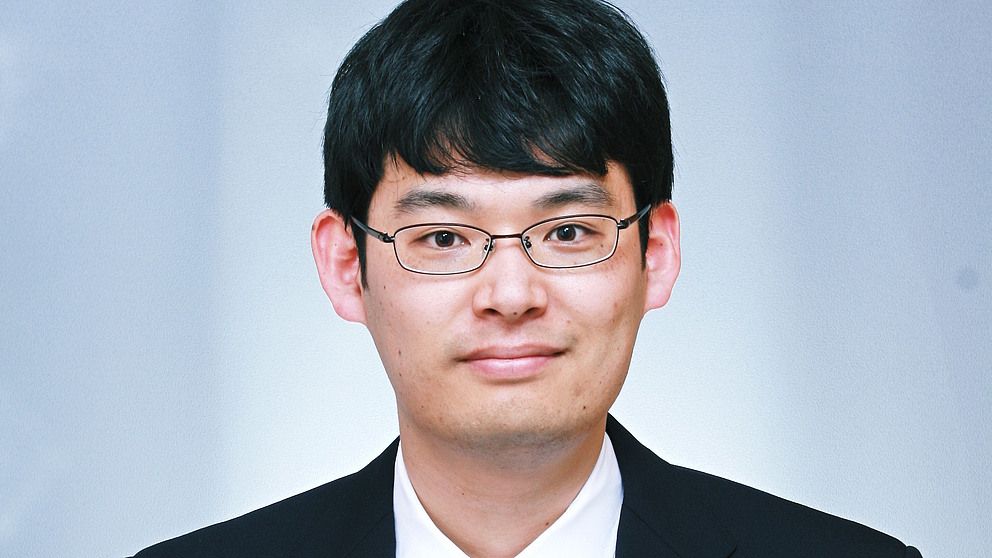

Dr Hitoshi Omori
Born in Japan, Hitoshi Omori studied at Tokyo Institute of Technology, where he also completed his doctorate. He subsequently became a postdoc at the City University of New York, United States, and various universities in Japan and was also a visiting researcher at the University of Melbourne, Australia, the University of St Andrews, United Kingdom, and Ruhr-Universität Bochum. It is here that he will continue his research as of December 2018 as the recipient of a Sofja Kovalevskaja Award.
Theoretical Philosophy
Don’t be shy of contradictions
Logic is the science of deduction. It focuses on investigating the validity of arguments. One of the principles of classical logic is ex falso sequitur quodlibet (Latin for “from falsehood anything follows”) whereby contradiction unavoidably leads to a statement being arbitrary. The theoretical philosopher Hitoshi Omori is considered an expert in non-classical logic, particularly paraconsistent logic and so-called dialetheism. Here, contradictions are tolerated. The objective is to study how logically-relevant argumentation and theories can be built on the basis of contradictory information. In this fundamental research effort, Hitoshi Omori works at the intersection of philosophy and mathematics. In Bochum, the Sofja Kovalevskaja award winner will seek, amongst other things, to develop a systematic understanding of paraconsistent logic and investigate connections to the history of philosophy.
Host institute: Ruhr-Universität Bochum, Chair of Logic and Epistemology
Host: Professor Dr Heinrich Wansing
Paola Pinilla
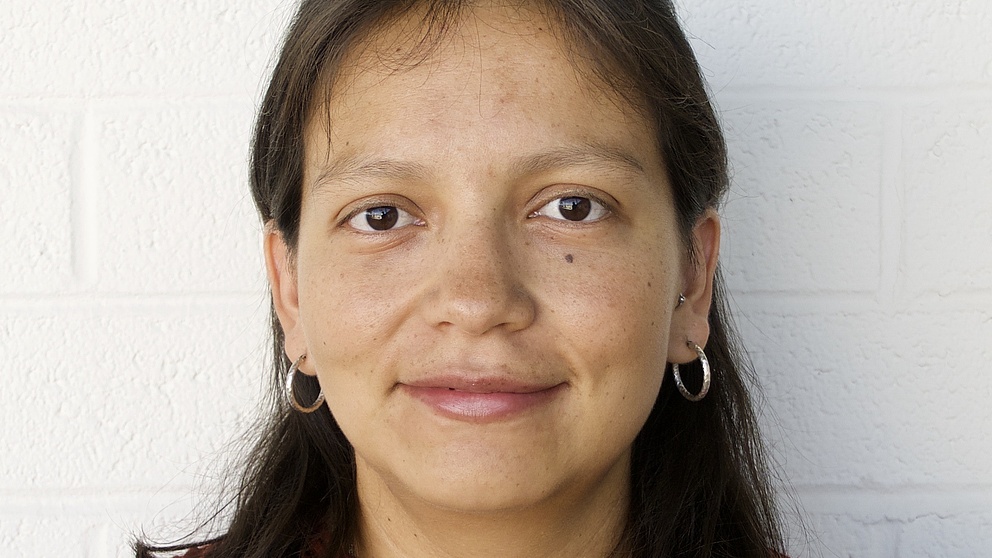

Dr Paola Pinilla
Born in Colombia, Paola Pinilla studied at the Universidad de los Andes in Bogotá. After completing her Master’s and teaching briefly at the university, she became a postgraduate at Heidelberg University, where she completed her doctorate in 2013. She then initially moved to Leiden University in the Netherlands, subsequently taking up a NASA Hubble Fellowship at the University of Arizona in Tucson, United States, in 2016.
Astrophysics
Insights into the formation of new planets
In recent years, large telescopes have enabled us to observe the formation of young planets outside our own solar system. At the core of rotating discs of gas and dust – the remains of massive star explosions – particles accumulate that can eventually develop into a new planet. What exactly takes place in these protoplanet discs, how the dust and gas particles behave in them, what happens when they collide and how the material creating the new planet moves and finally reaches the core is the research focus of the astrophysicist Paola Pinilla. In her role as a Sofja Kovalevskaja Award winner in Heidelberg, she will be able to combine her experience in observation with the ability to build models in order to strengthen the ties between the theoretical and observational groups at the Max Planck Institute for Astronomy. She wants to help understand how new planets can form from the ash of long-dead stars and, perhaps, elucidate what once took place in our own solar system.
Host institute: Max Planck Institute for Astronomy, Heidelberg, Planet and Star Formation Department
Host: Professor Dr Thomas Henning
Fritz Renner
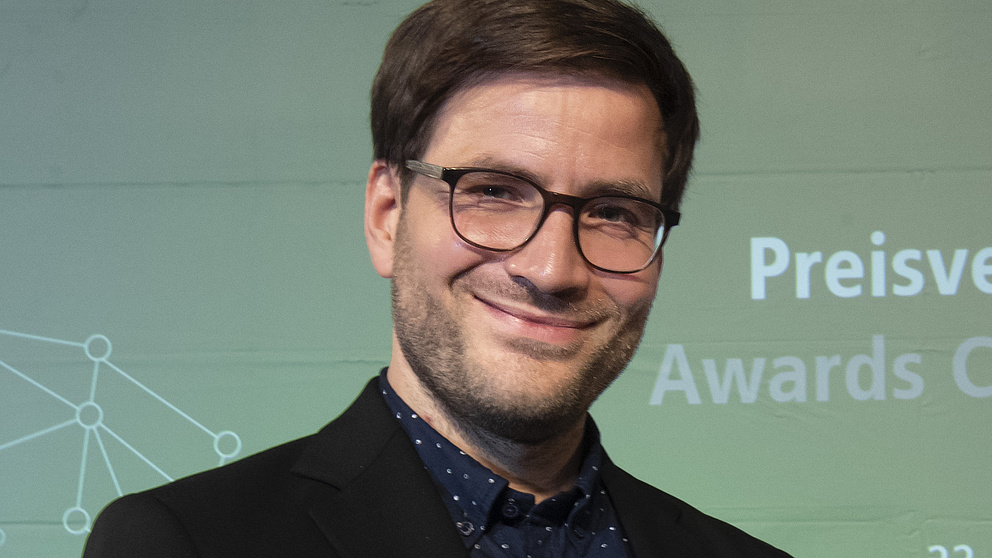

Dr Fritz Renner
Born in Germany, Fritz Renner studied at the University of Maastricht from 2004 to 2009 where he went on to complete his doctorate in 2014. During this period, he also spent time in the United States, Belgium and Sweden. Moreover, for five years, he worked as a free-lance statistical analyst at Maastricht Community Mental Health Centre. In 2015, he moved to the University of Cambridge, United Kingdom, where his most recent research was supported by a Marie Skłodowska-Curie Fellowship.
Clinical Psychology
Fighting depression with imagination
Depression is one of the major diseases of civilisation in our time. The most common symptoms include low mood, lack of motivation or interest in things as well as anhedonia. One of the fundamental questions in psychology is how sufferers can be inspired to change their behaviour. The clinical psychologist and psychopathologist Fritz Renner has specialised in the role of imaging procedures, examining the power of mental imagery to stimulate changes in behaviour. Specifically, he studies particularly severe forms of depression and combines clinical psychological research with neuroscientific approaches. His work also helps to develop new experimental interventions. He has already been able to demonstrate that mentally imaging positive future events can act as a motivating factor in people with depression. One of the core processes in depressive disorders is, however, often a deficit in reward anticipation. In his role as a Sofja Kovalevskaja award winner in Freiburg, Fritz Renner will explore to what extent these deficits can be influenced positively by imaginative methods and which mechanisms underlie reward processing and the power of mental imagery.
Host institute: University of Freiburg, Department of Psychology
Host: Professor Dr Brunna Tuschen-Caffier
